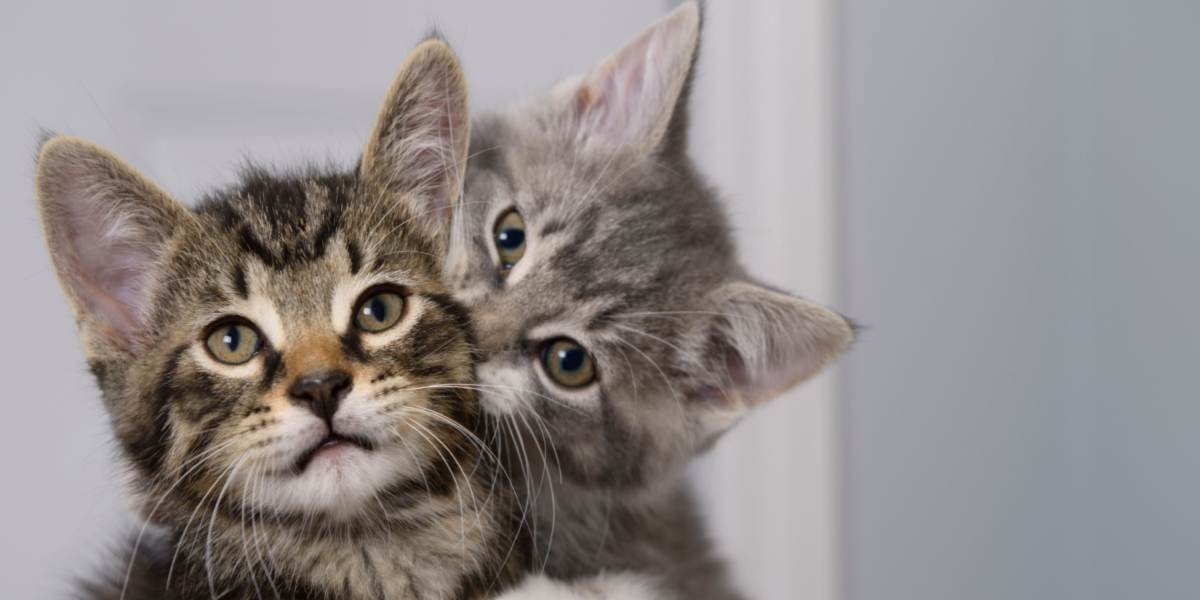Cats bite each other’s necks as a sign of dominance or affection. This behavior is natural and common among felines.

Cats have a complex social structure, and their interactions involve a lot of communication through body language and vocalization. Sometimes, a cat may bite its companion’s neck as a signal that it wants to play or cuddle. In other cases, a cat may bite its fellow feline’s neck as a way to assert its dominance over the other.
However, excessive biting may indicate underlying stress or behavioral issues that may require attention from a veterinarian or animal behaviorist. Understanding your cat’s body language and behavior can help you identify the reason behind its actions and respond accordingly.

Credit: cats.com
Frequently Asked Questions
One reason may be due to dominance behavior, claiming territory or asserting their position in the social hierarchy among cats.
Yes, it’s a natural behavior in cats. It could be due to playing, grooming, or establishing dominance among littermates or group members.
If the biting is aggressive, you may notice hissing, growling, and prolonged attacks. Playful biting often involves gentle nipping and wrestling without vocalization.
It’s best to observe their behavior and intervene only if they become aggressive or harm each other. Cats can usually resolve their issues on their own.
Provide plenty of toys, perches, and hiding places for your cats to play with. This can help prevent injuries and redirect their play behavior away from each other.
You can discourage biting behavior by using positive reinforcement techniques like clicker training or rewarding good behavior with treats. Consult a veterinarian or animal behaviorist for specific advice.
Conclusion
After reading this post, you should have a better understanding of why your cat is biting your other cat’s neck. Keep in mind that this behavior is natural for cats and can be influenced by various factors such as gender, age, aggression, and territorial instincts.
You can help mitigate this behavior by providing each cat with their own space and resources and seeking assistance from a veterinarian or behaviorist if necessary. Remember that cats have their own unique personalities and behaviors, just like humans do.
As cat owners, it’s our job to be observant and proactive in managing their interactions with each other. With patience and understanding, you can create a harmonious environment for all your furry friends.











